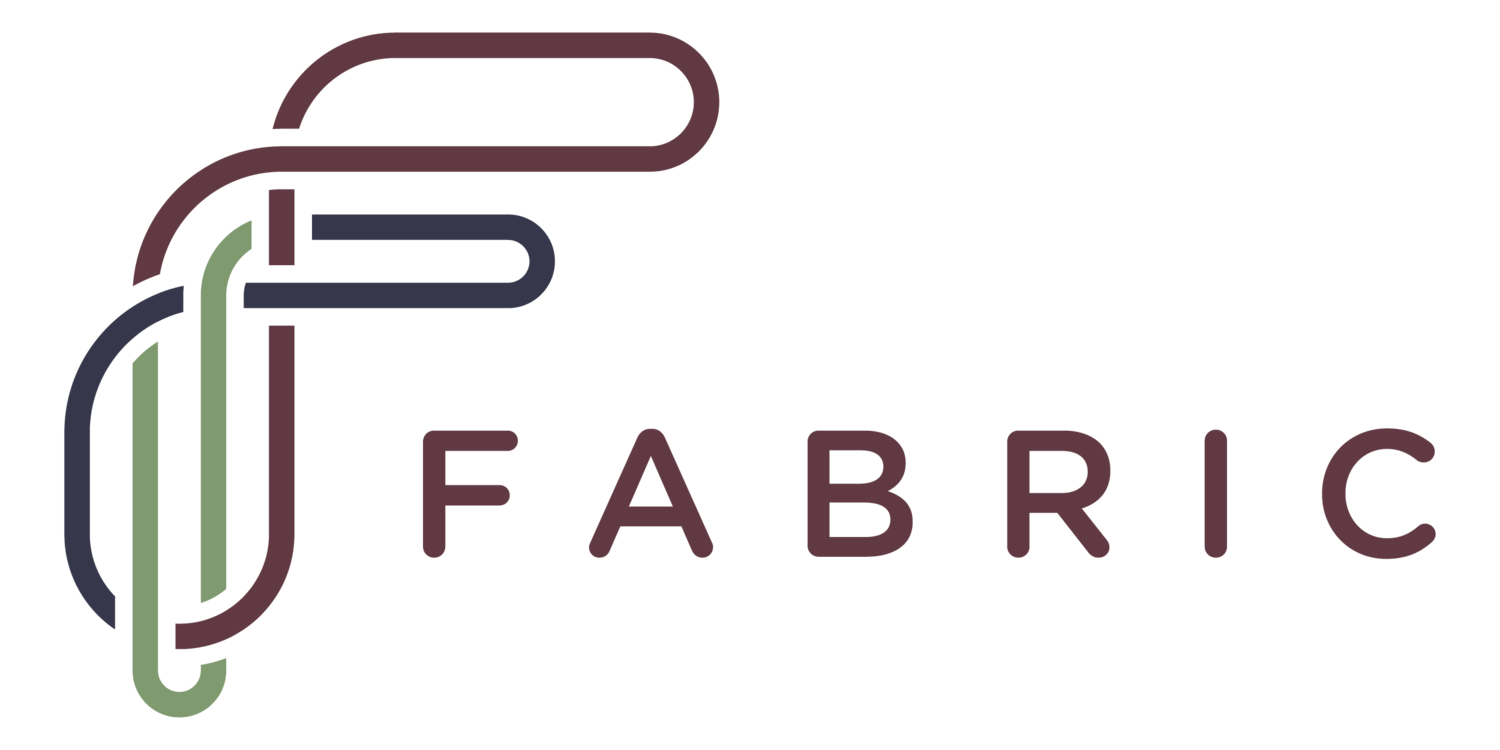Welcome to this conversation
Our Place - Episode 2: Climate Ultimatum. You are familiar with hearing the weather report each day, what you may not be so familiar with is how you write the weather report each day. The connections are indirect and your personal impact miniscule, but collectively we are altering the climate faster than either we or the ecosystems can adapt to. We have an ultimatum if we want our world to thrive. What you can do to make that happen is miniscule, but collectively we can meet the challenge and be the solution, not the problem.
Episode 2: Climate Ultimatum
Welcome to Our Place.
“Planet earth, that is. This is our home; yours and mine. It is our future, it is our place. And our place is in trouble largely because we human inhabitants have forgotten our place within it. After all, it isn’t only our place. We share it.”
The very first psalm lays out the ideal of being deeply woven with all things. Part of creation, rather than apart from it.
Happy are those who do not follow the advice of the wicked (those unaligned, out of sync)
but their delight is in the torah of Yahweh (I Am Who I Am)
and on those principles they meditate day and night.
They are like trees planted by streams of water,
which yield their fruit in its seasons, and their leaves do not wither. Psalm 1.1-3
The Problem that the climate ultimatum makes us face is that we have let ourselves grow apart from the rest of the world.
The Solution to that ultimatum is to become part of the world again.
That will require change.
Some things to know about Change.
1) People change because of emotions more often than because of logic.
It isn’t enough to know (awareness) what I should do, I need to care (appreciation).
AWARENESS ⇒ APPRECIATION ⇒ ACTION
2) People change because of “social sanctioning.” (peer pressure)
This is why change can be so slow, but it can also be used to accelerate adopting changes by role modeling as social influencers.
How are you sharing what you know, what you love, and what you are doing with others? Are the changes you have made visible to others?
3) Change is slowed by the unfair comparison of the old and new.
People tend to forget the time and effort that current systems required to get going, but are very aware of them regarding establishing a new normal.
Something to consider: We all have many changes we know we should make in order to live more environmentally sustainably. What factors of change are holding you back? How can you use them to empower rather than impede your ability to change?
Wrong Question: Can I have any impact?
You are impacting the environment and others with your life already, intentionally or not.
Better Question: What impact do I want to have?
Find ways to work toward environmental sustainability at the MICRO & MACRO levels.
MICRO - personal changes in which you have HIGH CONTROL, but LOW IMPACT on the global problem.
MACRO - systems, societal, governmental, corporate changes in which you have LOW CONTROL, but the change has HIGH IMPACT.
Remember, MICRO (personal) changes influence MACRO (societal) systems.
And MACRO (societal) systems influence MICRO (personal) changes.
You are part of the energy accelerating the flywheel of change!
Something to consider: There are many reasons why this flywheel can get up to speed and be unstoppable. Greg Meyer talked about examples like General Motors declaration that they wouldn’t be putting any gas engines in cars by 2035, and President Bidens’ climate plan. What are signs of hope that you see, locally or globally? Can you find one new hopeful sign every day? Can you share it daily with someone else?
Catch the entire The Daily podcast with Michael Barbaro and Coral Davenport, “Assessing Biden’s Climate Plan” 2/2/2021 LINK
The Bible gives a picture of God (Yahweh, I Am Who I Am) that rejects the human position of owning or mastering the earth, and exhibits God’s relationship of intimately being Part Of, not Apart From the whole universe. Read chapters 38-39 of The Book of Job. LINK
Albert Einstein wrote about a similar Part Of, not Apart From relationship with the world in a letter in 1950.
“A human being is a part of the whole, called by us ‘Universe,’ a part limited in time and space. He experiences himself, his thoughts and feelings as something separated from the rest — a kind of optical delusion of his consciousness. This delusion is a kind of prison for us, restricting us to our personal desires and to affection for a few persons nearest to us. Our task must be to free ourselves from this prison by widening our circle of compassion to embrace all living creatures and the whole nature in its beauty. Nobody is able to achieve this completely, but the striving for such achievement is in itself a part of the liberation and a foundation for inner security.”
“The world… It is our place, but not ours alone.
Love it as such.
When you and I are rooted this way by such streams of water, we will find our delight.”
Homework for this week
Draw one more line connecting what you value with what you do that can help make a difference in your impact on the climate.
More Resources…
Group Discussion Guide: Click HERE.






Some Deeper wisdom about doing your job from Mayyadda and Katy Schalla Lesiak’s OpEd this week. “…If those questions raise your own version of imposter syndrome or worry that you are wasting your time or not doing enough – you might be doing something right!”